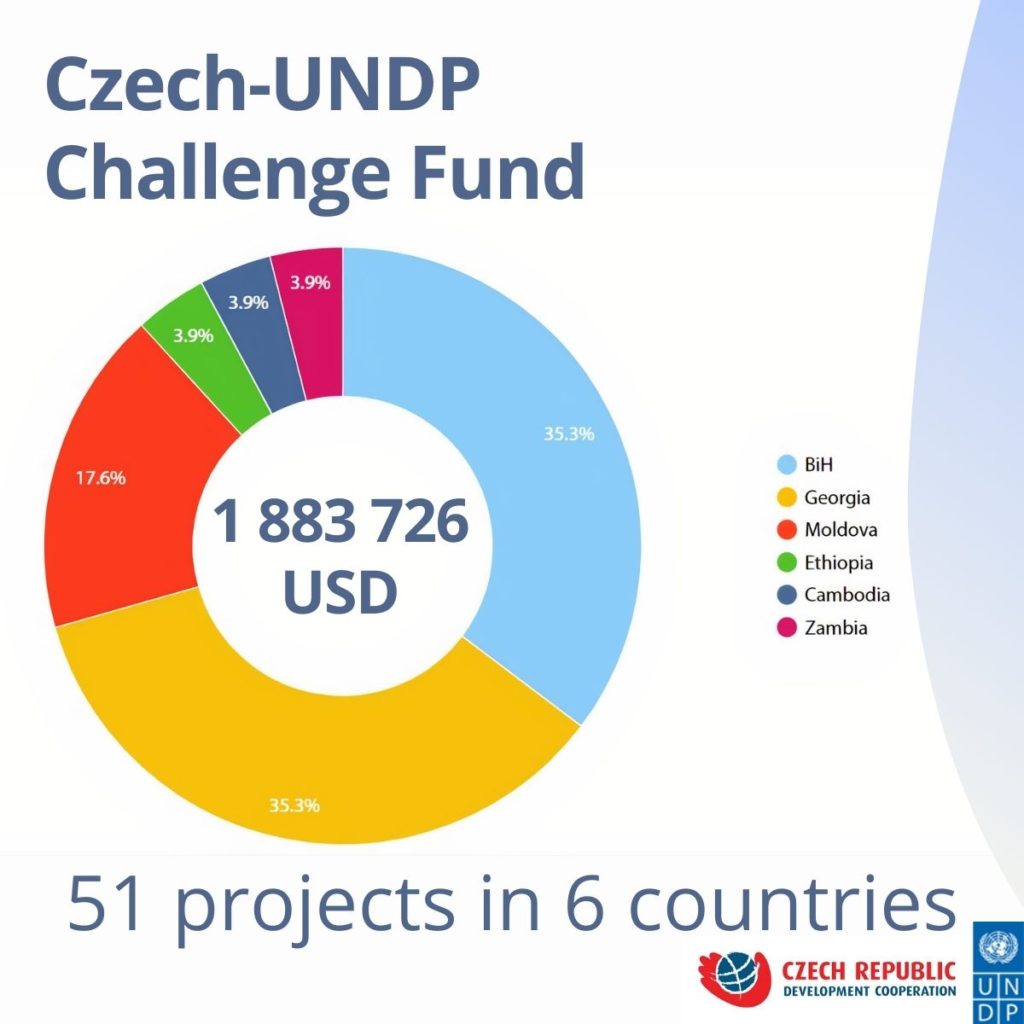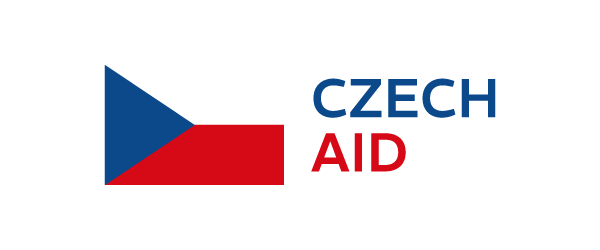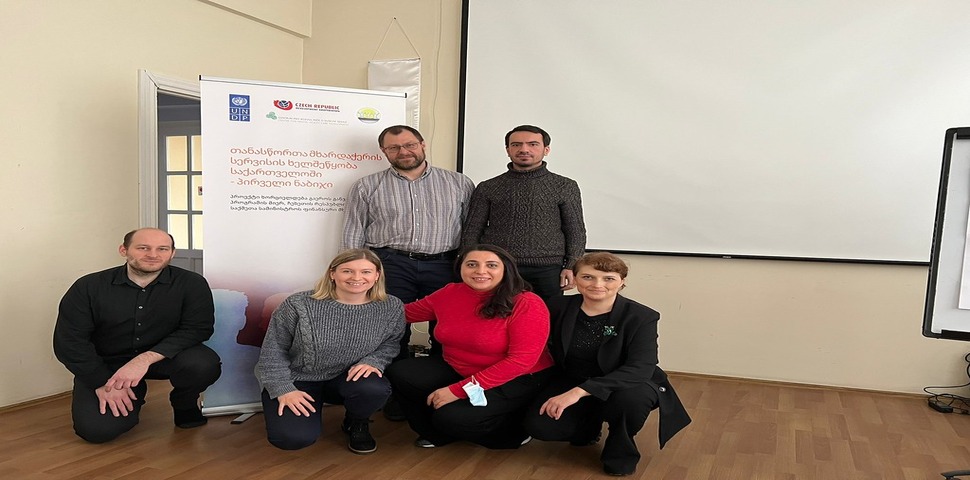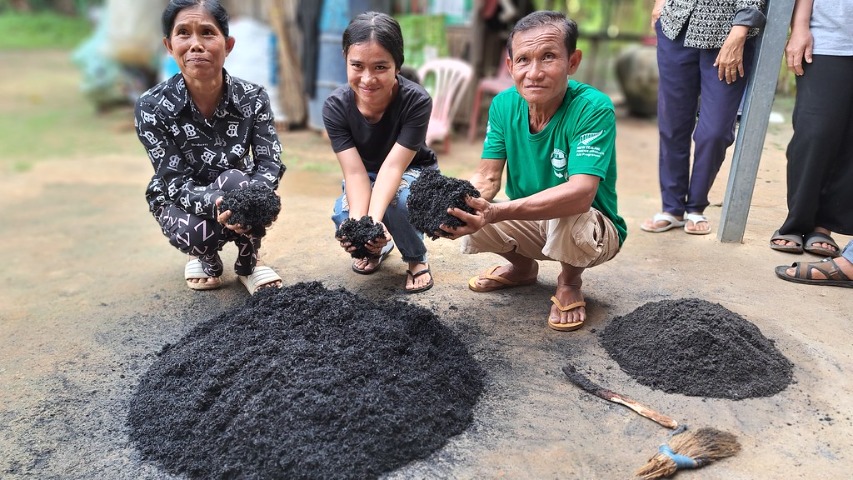Production of medical waste is steadily increasing in many countries. In some places, the medical waste is not adequately treated and handled. Common issue is that the medical waste often gets mixed and dumped without any further sorting or processing. Insufficient treatment and disposal of hospital waste negatively affects environmental situation and increases the risk to human health. This problem was further exacerbated by the COVID-19 pandemic, which puts additional stress on health providers.
In Bosnia and Herzegovina, a Czech innovator Damaris Solutions works with Dr. Abdulah Nakas hospital in Sarajevo and University Clinical Hospital of Mostar, to develop a feasibility study of effective hospital waste treatment in local hospitals. The Effective Hospital Waste Treatment Project is a part of the Czech-UNDP’s Challenge Fund initiative. To learn more about the project, we were joined by Dan Kotas, Marek Filip and Marek Šarlej from the Czech Innovator Damaris Solutions.
Can you tell us about your project in Bosnia and Herzegovina and the role that DAMARIS Solutions have?
The project is focused on a reliable disposal of hospital wastes including contaminated municipal wastes produced by hospitals and related medical facilities. Our project aims to identify and evaluate a tailor-made solution to specific and real conditions of the partner hospitals, based on best practices, official recommendations and directives.
Using latest know-how and long-term practical experience from commercial installations DAMARIS supports clients with feasibility studies, project documentation, supplier tendering, project management and supervision during project implementation. Experts of the company have already collaborated in several feasibility studies within the Czech-UNDP Partnership framework.
What are the main challenges when dealing with hospital waste treatment?
Since the medical services go hand to hand with improving living standards, there is a trend of further increasing production of medical waste in many countries. This is the same also in Bosnia and Herzegovina. The current way of hospital waste disposal negatively affects environmental situation and increases the risk to human health. This situation is unsustainable since the waste is polluting water and air with harmful substances when landfilling. Also, the amount of hospital waste is expected to further increase, following up a trend in many countries.
Has the COVID-19 outbreak changed the way hospital waste is being treated?
Definitely, the COVID-19 pandemic significantly changed the rules for treatment and handling of hospital as well as municipal waste. Medical personnel and citizens need to use protective face masks to stop spreading of the virus. These disposed masks were usually thrown away together with municipal solid waste. Such contaminated municipal solid waste should be considered as hospital waste. We believe that a proper waste treatment should be one of the main priorities to prevent further spreading of the virus.
How does your intervention in BiH work?
During the initial phase of the project, several hospitals were contacted to gather input data for the project. Then experts from Damaris Solutions visited two hospitals in Sarajevo. Within the second phase of the project, the technological solutions for Dr. Abdulah Nakas General Hospital in Sarajevo and for University Clinical Hospital of Mostar were designed. Based on the input data (mainly annual production of hospital waste), the most feasible solution for both hospitals is to implement modern and innovative sterilization unit with integrated grinder. Authors of the study also decided to include an alternative solution based on waste to energy approach. This could be implemented in private waste treatment company or within the group of cooperating hospitals which are able to supply the unit with reasonable amount of hospital waste.
Currently we are in stage of economical evaluation of the proposed solutions where the economic performance will be evaluated taking into account investments and operational costs.
I assume working with hospitals during the COVID-19 crisis must be difficult.
Yes, our initial communication with partners in BiH was very limited, mainly due to their primary focus on providing urgent health care for COVID-19 patients. In many cases, the hospitals were not opened to share input data for the study. On the other hand, our two partner hospitals Dr. Abdulah Nakas General Hospital in Sarajevo and for University Clinical Hospital of Mostar invested huge effort to collect and provide us with the input data. They were cooperative during all phases of the project which allows us to explore innovative solutions that are tailor made to the local needs.
After your work is finalised, what will be the impact on local community in Bosnia and Herzegovina?
The project contributes the community in several ways. First of all, our study will provide a guideline to fix the current unsustainable situation that threatens pollution of the environment through groundwater. Our proposed solution would help to reduce the negative impact of waste which directly translates into a positive impact on environment and improvement of living conditions in BiH.
Moreover, a successful implementation of the pilot unit could be used as a strong tool for negotiations and as a showroom for other implementations of such a unit in the future. This way the waste treatment situation in whole BiH could be improved significantly.
Ultimately, all proposed solutions have a potential for new job opportunities.

About the Challenge Fund
The Czech-UNDP Partnership’s Challenge Fund brings innovative solutions from the Czech Republic’s private sector, NGOs, universities, state institutions, research centres and individuals to tackle specific developmental challenges in the priority countries.
A new call for Challenge Fund proposals will be announced soon! To stay updated, follow the Czech-UNDP Partnership on LinkedIn.
The content of this material does not necessarily represent the official views of the Ministry of Foreign Affairs of the Czech Republic, or of the United Nations, including UNDP, or UN Member States.


